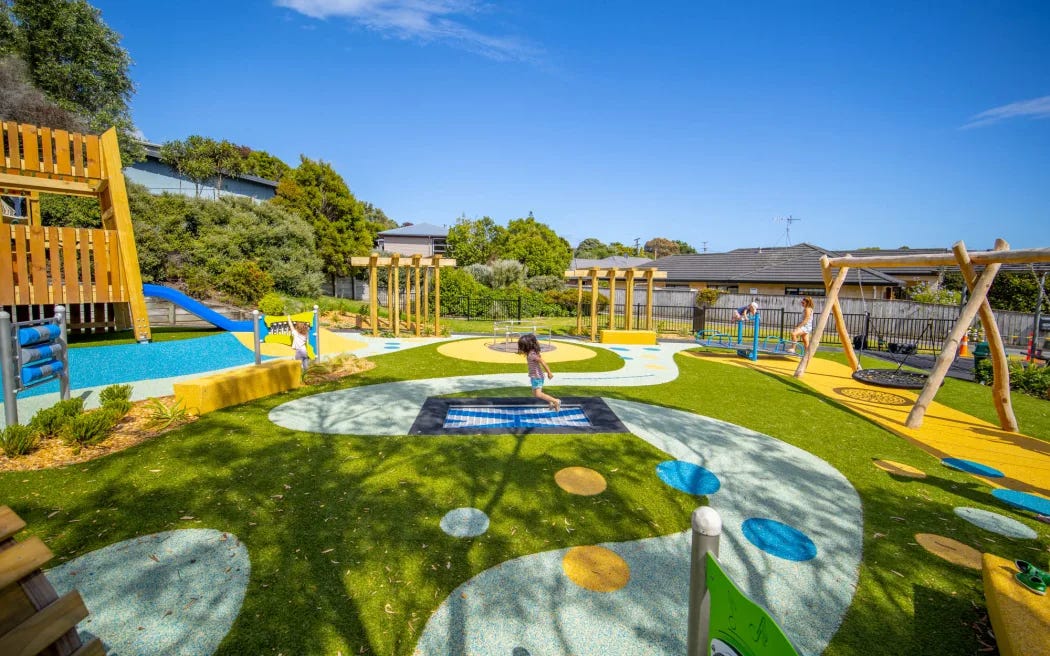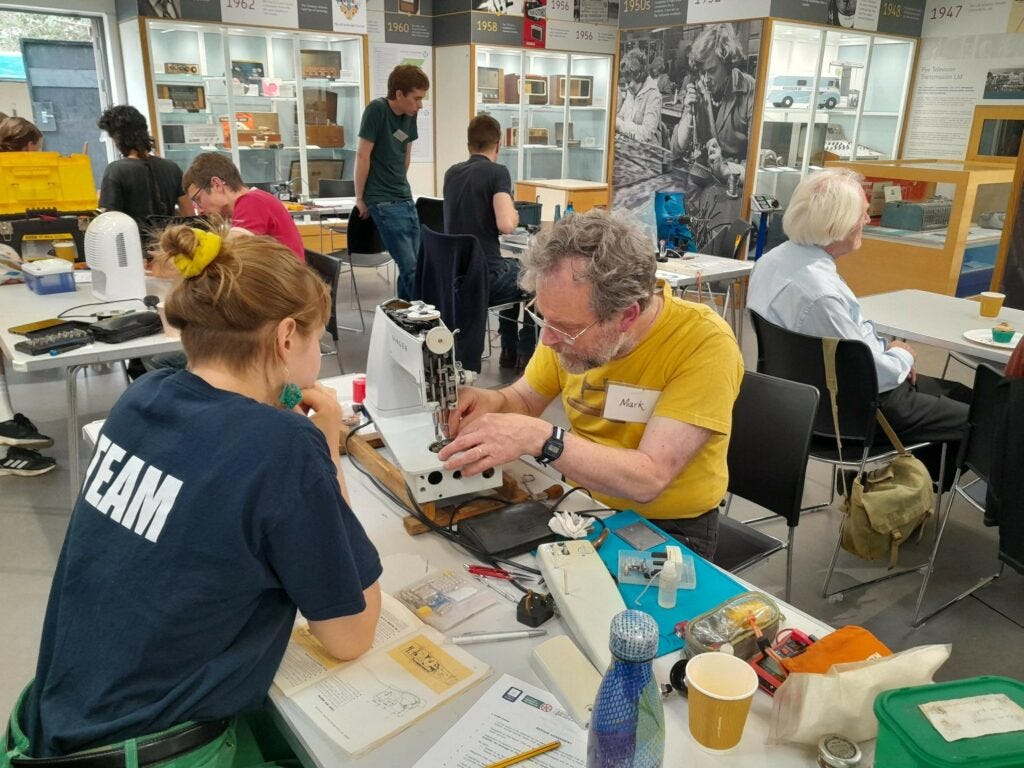It’s 2025 and ‘wellbeing’ is a dirty word
Alongside 'equity' and 'climate action', 'wellbeing' has now joined the swelling raft of 'woke' words

The tentacles of libertarianism are now taking ‘community’ and ‘wellbeing’ out of the business of local government. The government signaled last year that to compel councils to 'get back to basics' (ie, collecting rubbish and fixing potholes) it is going to remove the requirement for councils to promote the 'four wellbeings' (economic, social, cultural and environmental) from the purpose of the Local Government Act.
I work in local government, and despite these changes not yet coming into force (the bill has not even been introduced, though its introduction is likely to be imminent), I am noticing an alarming level of anticipatory obedience among local government officials (who are avoiding using the word for fear of antagonising the government and jeopardising the likes of funding bids) and an emboldening of local government politicians to treat with aggressive derision anyone who dares even utter the word ‘wellbeing’.
This is not the first time the wellbeings have been removed from the act. Lianne Dalziel has described it as the yoyo-clause: first included in 2002, removed by the National in 2012, reinstated by the Labour government in 2019 and soon to be removed again. So this is not without precedent, but I am sensing something more sinister and chilling happening here. It is very much aligned with the strong libertarian views being promoted by the coalition government, underpinned by Margaret Thatcher's argument that there is no such thing as 'society', just individuals (and their all-important property rights, as promoted by the Regulatory Standards Bill).

Within the context of the broader legislative agenda, the removal of the wellbeings signals a fundamental ideological shift, away from government delivering on public good, towards a narrow focus on government delivering the hard infrastructure and other settings required to enable economic growth - enriching those already in a position of advantage and leaving those who are not served by the current economic system behind.
It is also part of a broader culture war of anti-wokeness. Anyone who professes to care about community, wellbeing, equity, or climate action is ‘woke’ and can be dismissed by those who see themselves as taking care of the serious business of ‘fiscal responsibility’ and economic growth. Who knows, those of us who stubbornly insist on the importance of wellbeing may even end up being immortalised in our own ‘Victim of the Day’ hall of fame.
But if we (as communities, not just as a collection of individuals) are to survive and thrive into the future, we must be developing and strengthening the social commons (or ‘soft infrastructure’) that brings community together, encourage community resilience, supports pathways for developing and sharing knowledge and skills. As demonstrated during Covid and other crises, marae excel at functioning as this ‘soft’ infrastructure for their communities.

Lianne Dalziel was spot-on when she wrote in Newsroom last year:
I personally find it hard to separate the word wellbeing from a discussion that includes infrastructure. Safe drinking water, for example, is essential to all of the community wellbeings. And there is also the matter of soft infrastructure. Community resilience is not just about hard infrastructure. Think of our parks, sports grounds, sports and swimming centres, community gardens, libraries, community centres and marae. These are bumping spaces where community members interact with each other, and they are places where we can come together in good times and in bad.
I believe that we must resist these calculated and systematic steps to dismantle society and promote the interests of the individual and private sector above all else. So, wellbeing is one dirty word that I am going to continue to use - because I think our future depends on it.




MBIE spent years and millions of $ to develop an “energy wellbeing” framework and reporting metrics. After only 1 year of reporting on ever-increasing energy hardship, both the terms and the reporting have been sh*tcanned by this govt. If you don’t measure poverty, it doesn’t exist or something?! The sweet irony is that several other countries have since taken up our measurements and terminology.
7 July is the final day for submissions to the Finance Select Committee on proposed changes to the Public Finance Act which include removing the need for wellbeing to be considered as part of fiscal responsibility and a 4 yearly state of wellbeing report to be provided by Treasury. Evidently Treasury find this too hard to do.
To me though, deleting wellbeing considerations from the Public Finance Act begs the question - what is the point of public finance (and the economy generally) if it is not wellbeing?